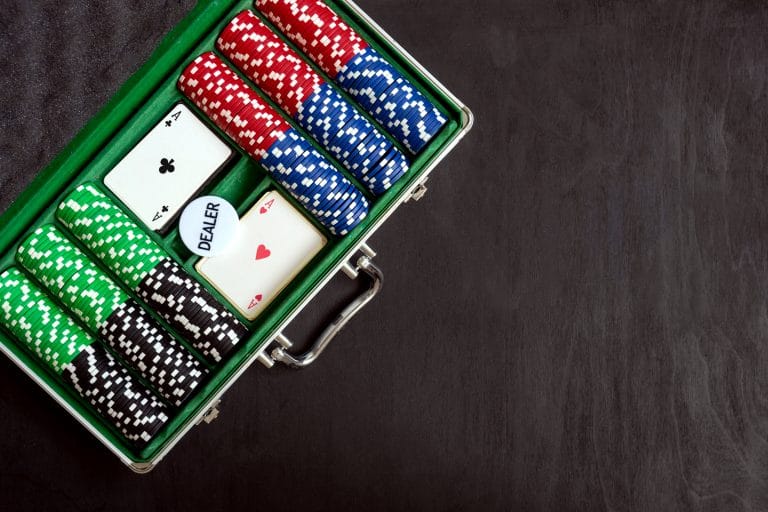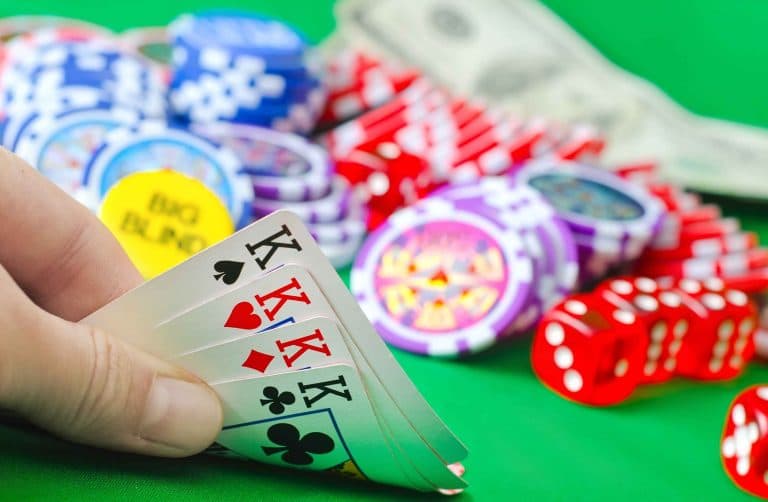A Guide To Getting Better At The Game
How often have you been in a scenario when your opponent’s hand was certain? That time your opponent turned over the nuts and knocked you out of that tournament or swallowed up a huge pot in your local poker game, remember how astonished you were at their action? What could possibly have gone wrong for you? How did you allow yourself to be taken advantage of so easily??
With all of the terrible beat threads and anecdotes that abound in today’s online poker community, a casual reader may believe that no one is ever outplayed. However, one of the most crucial aspects in winning poker is identifying and learning from your errors. Adapting to the complexities and development of the game should always be one of your key aims, whether you’re a novice or a seasoned master.
Everyone Makes Mistakes
If you’re lucky, you’ll be able to play a single hand without making any mistakes. There is no such thing as a perfect poker game. Players who find it difficult to recover from mistakes are the first to deviate from their own set of values. A player who can add yet another lesson to his or her ever-expanding arsenal of alternatives, on the other hand, earns little increments of skill that develop over time into bounds of confidence and inspired performance.
One must be ready to break from cookie-cutter techniques that favor passively playing what I like to term “defenseless poker” if one wants to compete against true winners at the poker table. New ways of raising expectations may lead to better performance, but they can also lead to more mishaps. It’s inevitable that the majority of poker players will have to make a decision between following a tried and true route of laziness and improving their game. With a resounding majority, participants choose for option 1.
“Looking Awful”
Playing against someone who doesn’t care about making errors or “looking awful” is a breeze for anybody who pays attention. Many cautious players avoid confrontation at all costs in order to avoid being outplayed, yet they keep being outplayed as a result of their avoidance of conflict.
Having too much self-regard might save players from making basic blunders in their poker play, but it can also lead to more bizarre gaffes. Remember, you can’t make the “right” mistakes if you aren’t playing to your full potential. Steaming off your chips may teach you a thing or two, but it’s best to spend your money at the tables on experience and knowledge rather than fun.
Self-Discovery Is Rare
In poker, self-discovery is rare, but you’ll notice when it does. Sitting in a crucial game with a huge lead over the opposition is one of the most exhilarating experiences a poker player can have. The trick is to keep going.
Finally, a player who wants to improve must have faith in his or her own ability to make these kind of blunder. Take whatever action you determine is suitable after doing your best to read your opponents. Taking chances and profiting from your opponents’ futile efforts to protect themselves with their cards is something to look forward to. Don’t be too hard on yourself if you make a mistake; the learning curve in poker is steep.

